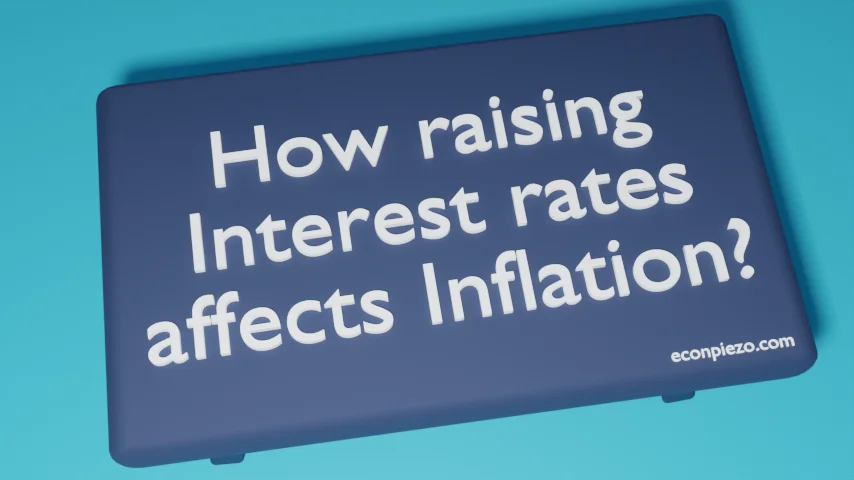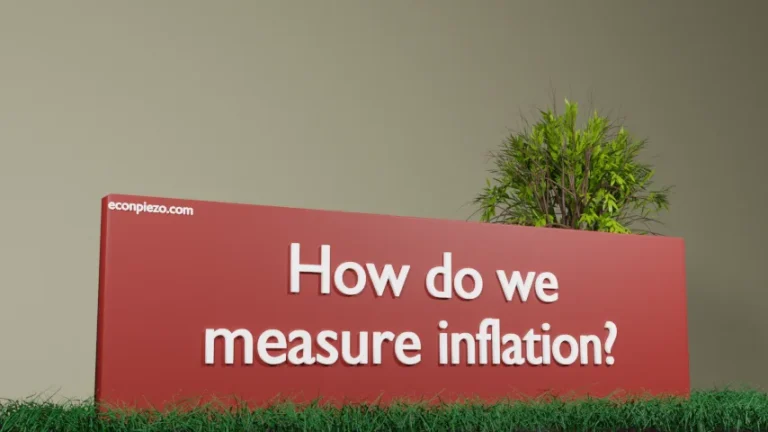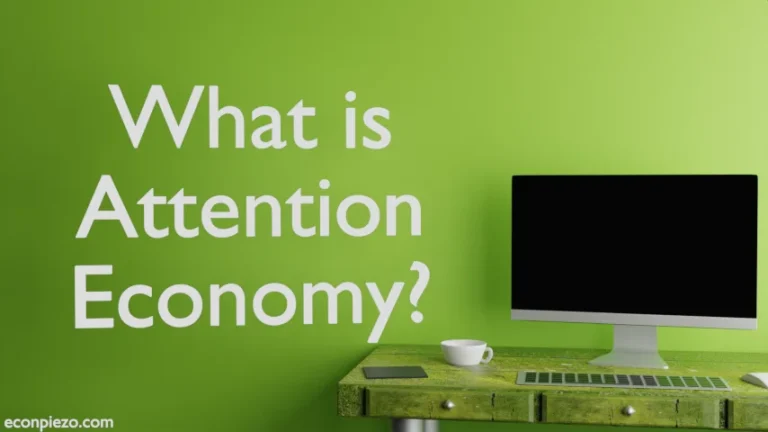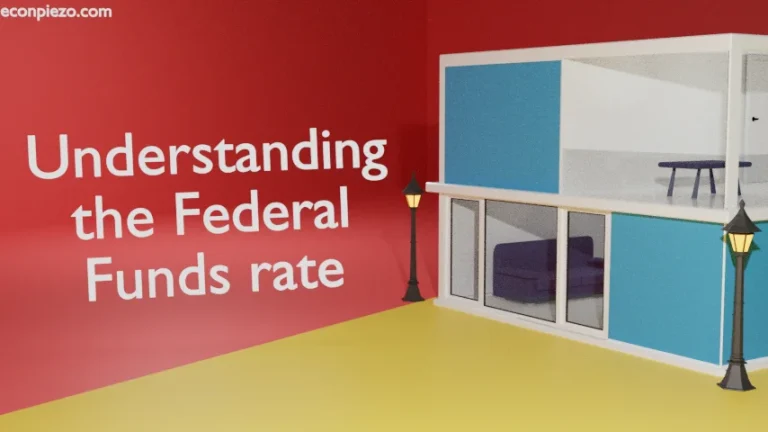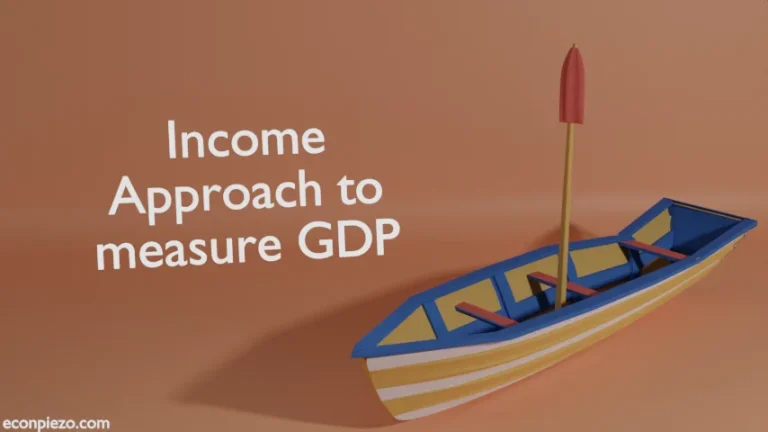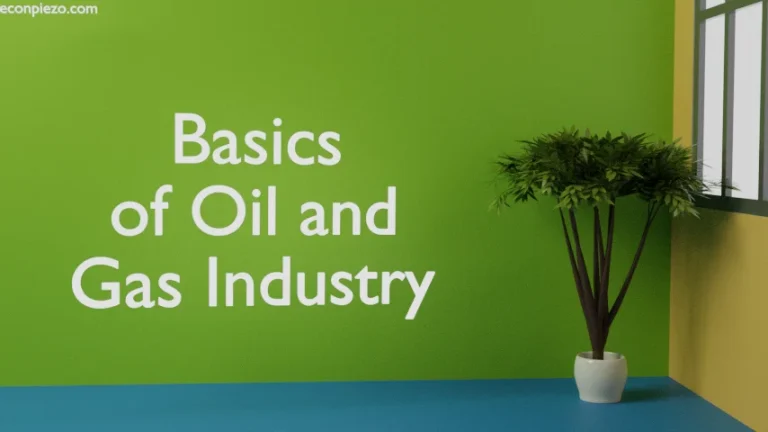In this article, we cover how raising Interest rates affects inflation. In recent times, inflation started to pick up from the month of March 2021. And, it peaked in June 2022. Ever since it’s been in a downtrend.
When inflation rises at a rapid rate, just like it did been March 2021 and June 2022. It begins to affect both industries and consumers alike. When the economy does well, we are bound to have low or moderate levels of inflation. And, during such times, it won’t have much of an impact.
But, when we experience higher levels of inflation then it becomes a problem that policymakers have to deal with. Governments and central banks across the world through appropriate monetary and fiscal policies ensure that they keep price rises in check.
How raising Interest rates affects Inflation
We can experience bouts of inflation either due to an increase in aggregate demand or a decrease in the aggregate supply of goods and services. When that happens, central banks use appropriate monetary policy tools to bring it down. One such monetary policy tool is the interest rate.
In the U.S., Federal Reserve has the responsibility to set monetary policy.
The cost of borrowing increases for both industries and consumers when there is an increase in interest rates. Understand it with the help of an example. If you intend to buy a car and finance it by taking an auto loan. As interest rates go higher, it would increase the costs for you. And, not everyone would be able to afford it. So, it brings the overall demand down. In that case, the automakers would decrease car prices.
Not only that it affects all sectors of the economy. Rising mortgage rates affect housing demand, investment in equities is no longer attractive, bond prices fall, companies would delay capacity expansions, etc.
Overall it affects the demand for goods and services and that ultimately pushes the price level down. But, that won’t happen in a month or two. Neither the central banks would increase interest rates that fast. It would take months before we see some meaningful data.
There is a point where the monetary policy is so restrictive that any further interest rate increases are no longer required. At that point in time, central banks would stop raising interest rates and wait for inflation to get back to their target range.
If central banks were to over-tighten, then that may lead to a recession. A situation even the central banks would avoid.
